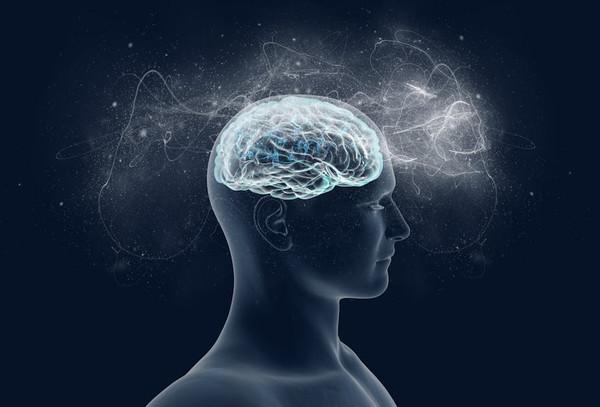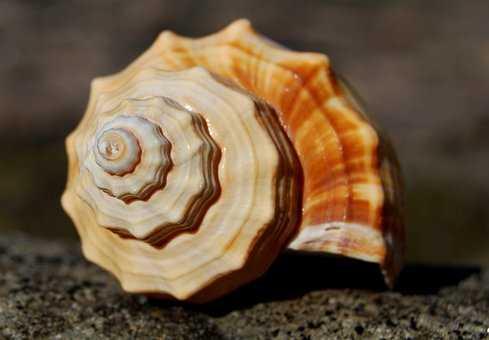What Is Consciousness?
Curated from: scientificamerican.com
Ideas, facts & insights covering these topics:
6 ideas
·11.4K reads
30
Explore the World's Best Ideas
Join today and uncover 100+ curated journeys from 50+ topics. Unlock access to our mobile app with extensive features.
About Consciousness
Consciousness is everything you experience - taste, pain, love, feeling. Where these experiences come from is a mystery.
Many modern analytic philosophers of mind either deny the existence of consciousness, or they argue that they can never be meaningfully studied by science.
513
3.15K reads
Searching For Physical Footprints
What is it about brain matter that gives rise to consciousness? In particular, the neuronal correlates of consciousness (NCC) - the minimal neuronal mechanisms jointly sufficient for any conscious experience.
Consider this question: What must happen in your brain for you to experience a toothache?
441
2.34K reads
Neuronal Correlates of Consciousness (NCC)
The whole brain can be considered an NCC because it generates experience continually.
- When parts of the cerebellum, the "little brain" underneath the back of the brain, are lost to a stroke or otherwise, patients may lose the ability to play the piano, for example. But they never lose any aspect of their consciousness. This is because the cerebellum is almost wholly a feed-forward circuit. There are no complex feedback loops.
- The spinal cord and the cerebellum are not enough to create consciousness. Available evidence suggests neocortical tissue in generating feelings.
- The next stages of processing are the broad set of cortical regions, collectively known as the posterior hot zone, that gives rise to conscious perception. In clinical sources of causal evidence, stimulating the posterior hot zone can trigger a diversity of distinct sensations and feelings.
- It appears that almost all conscious experiences have their origin in the posterior cortex. But it does not explain the crucial difference between the posterior regions and much of the prefrontal cortex, which does not directly contribute to subjective content.
461
1.63K reads
Popular Theories On Consciousness
We need a scientific theory of consciousness that can predict under which conditions any particular physical system has experiences. Any speculation about machine consciousness is based solely on our intuition, which is not a reliable scientific guide.
Two of the most popular theories of consciousness is the global neuronal workspace (GNW), and the Integrated information theory (IIT).
438
1.58K reads
The Global Neuronal Workspace (GNW)
- GNW argues that consciousness arises from a specific type of information processing, known from the beginnings of AI, when specialized programs would access a small, shared repository of information.
- According to GNW, consciousness is when incoming sensory information is broadcast to multiple cognitive systems, which process these data to speak, store, or call up memory.
- The network of neurons that broadcast these messages is thought to be located in the frontal and parietal lobes.
- When the data is broadcast on this network, the subject becomes conscious.
- GNW proposes that computers of the future will be conscious.
447
1.21K reads
Integrated Information Theory (IIT)
The starting point of this theory is that each experience has specific essential properties. It is necessary, structured, and distinct. It is unified and definite. An experience of sitting on a park bench on a warm, sunny day, watching children play, cannot be separated into parts. Doing so will alter the experience.
- The hypothesis is that any complex and interconnected mechanism whose structure encodes a set of cause-and-effect relationships will have these properties and some level of consciousness.
- IIT predicts that programming for consciousness will never create a conscious computer as it cannot be computed. It must be built into the structure of the system.
444
1.5K reads
IDEAS CURATED BY
Traveling can make you smarter, more creative and improve your problem-solving abilities.
Isabella Santos's ideas are part of this journey:
Learn more about health with this collection
How to make sustainable choices in everyday life
Identifying ways to reduce waste and conserve resources
Understanding the impact of human actions on the environment
Related collections
Similar ideas
1 idea
What are the effects of alcohol on the brain?
scientificamerican.com
5 ideas
What Near-Death Experiences Reveal about the Brain
scientificamerican.com
1 idea
Why Your Brain Needs More Downtime
scientificamerican.com
Read & Learn
20x Faster
without
deepstash
with
deepstash
with
deepstash
Personalized microlearning
—
100+ Learning Journeys
—
Access to 200,000+ ideas
—
Access to the mobile app
—
Unlimited idea saving
—
—
Unlimited history
—
—
Unlimited listening to ideas
—
—
Downloading & offline access
—
—
Supercharge your mind with one idea per day
Enter your email and spend 1 minute every day to learn something new.
I agree to receive email updates

